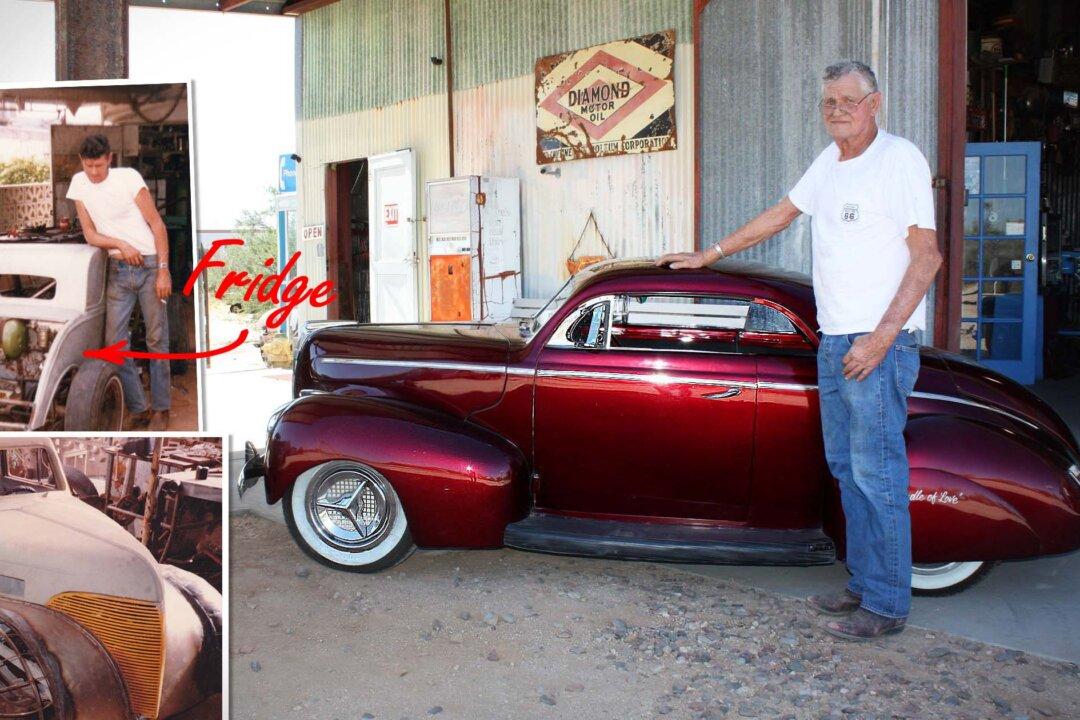Master tinkerer Ernie Adams had always wanted a race car. But who has money for a race car?
Moreover, living in a little trailer park in Harvard, Nebraska, at the time, he had no room to park one.

Master tinkerer Ernie Adams had always wanted a race car. But who has money for a race car?
Moreover, living in a little trailer park in Harvard, Nebraska, at the time, he had no room to park one.